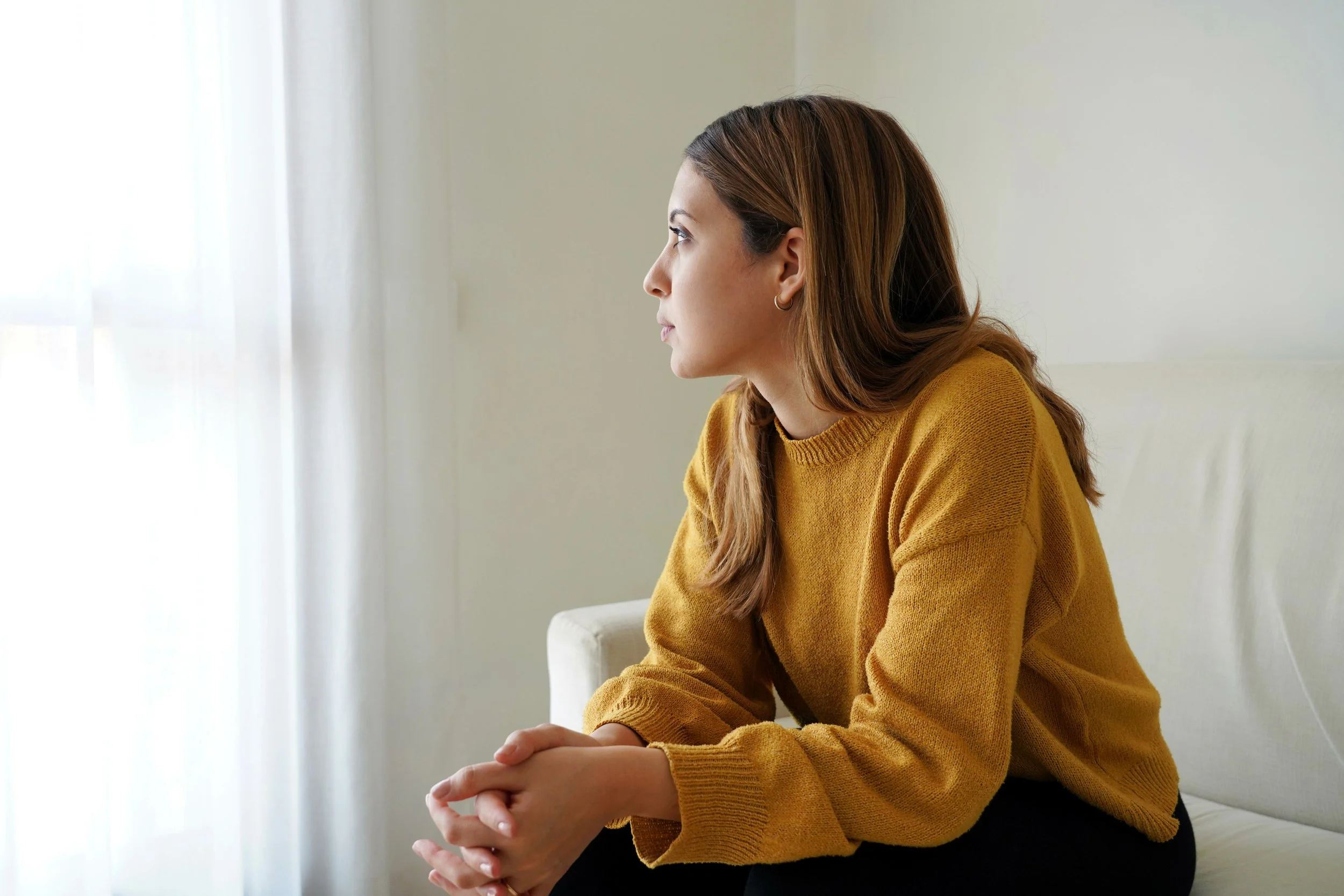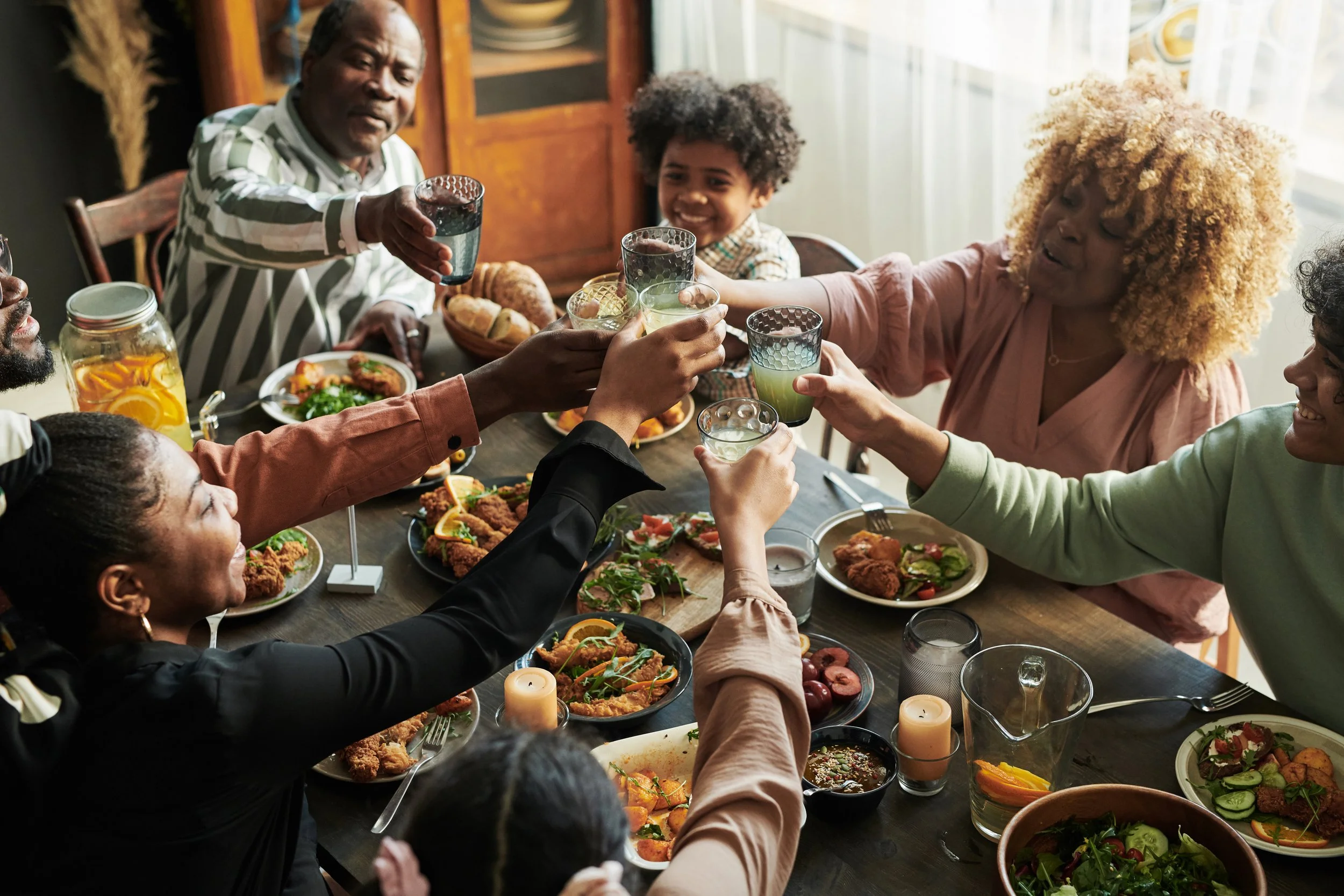“Racism largely persists not because of hate, but rather because of the inaction,
passivity, tolerance, and denial of racism...”
As our country reels from the horrific killings of Elijah McClain, Ahmaud Arbery, Breonna Taylor, George Floyd, and countless other black Americans, many of us are struck with a sense of powerlessness. While we unfortunately cannot bring back these lost lives, one important step we can all take is cultural self-reflection, which is the process of exploring how the cultures we live in shape who we are (Goodman, 2015). Understanding how our identities and culture interact can help us better recognize in which ways our lives are easier or more difficult than the lives of others. One way we can engage in this process is by examining how we may experience privilege and oppression within our culture.
To demonstrate this self-reflection process, I will examine my own identity as a cisgender, bisexual, half-Filipino/half-white man living in a Western, American culture. As a cisgender man, I have access to certain privileges that my female peers do not. I am treated with less hostility and objectification, and I am generally paid at least 25% more than my female peers even if we both produce the same quality of work (Conner, Glick, & Fiske, 2017, p. 295). Additionally, my status as a cisgender man means I am less likely to experience poor legal protections, poverty, harassment and stigma, violence, healthcare barriers, and barriers to identity documentation than my transgender peers (Human Rights Campaign, 2020).
At the same time, I also believe that the bisexual and Filipino aspects of my identity make me more prone to certain forms of oppression. As a bisexual man, I am more likely to experience erasure and isolation than my heterosexual peers (Legge, Flanders, & Robinson, 2017, p. 141). I am also more at risk of experiencing negative consequences from colonialism such as depression and low self-esteem than my white peers (Felipe, 2015, p. 28-29). While these details do not compose my entire identity, they do provide a good starting point from which I can begin recognizing the strengths and gaps in my cultural knowledge.
For example, because I have had firsthand experiences with racism, there have been times when I have been more attuned to racist microaggressions than my white friends who have not had such experiences. At the same time, I have blind spots about the prevalence and severity of sexism and transphobia that many women and transgender people experience. Learning about my portrait can therefore allow me to continually grow as a person as well as better empathize and understand the experiences of others. Additionally, by better learning how our culture and identity, one can most effectively combat racism and oppression. This is because racism and oppression largely persists not because of hate, but rather because of the inaction, passivity, tolerance, and denial of racism by those in power (Sanchez-Hucles, 1999, p. 71).
Along with better understanding our own cultural background, taking the time to educate ourselves about different cultural backgrounds has been found to be immensely beneficial in curtailing racism (Guern, 2005, p. 57). One crucial piece of education we can all learn is the term “antiracist,” which is a person who is actively opposing racist policies through their actions and expressions of antiracist ideology (Kendi, 2019, p. 13). Taking an antiracist stance is key because simply being “not racist” is not enough to combat racism as inaction has been found to perpetuate racism and racist policies (Kendi, 2019, p. 13).
In addition to education, one can begin to take actions that actively dismantle racism and racist practices. Such actions include actively voting for policies that promote racial equity, advocating within social and professional groups that all racial groups are equals and none needs developing or assimilation, and actively rejecting cultural hierarchies and equalizing cultural differences among racial groups (Kendi, 2019 p. 13 - 81). To learn more effective antiracist policies, I recommend reading Ibram Kendi’s (2019) excellent seminal work How to be an Antiracist.
This work is not easy and does not simply stop after a certain point. Uncovering blind spots is a consistent, lifelong process. However, such work is crucial if we wish to create a more equitable, inclusive, and antiracist community. Creating such a world is key because when oppression is practiced, it damages not just the victim but also the oppressor (Sanchez-Hucles, 1999, p. 71).
About the Author:
Isaac Rider, MS, PCLC
Life is challenging, and we all need help along the way. I believe being accepted in a compassionate and non-judgmental manner is the key to fostering sustainable, holistic growth and healing.
I view my clients as the experts of themselves. As your counselor, I would encourage you to direct the course of your treatment and strive to provide you with a safe, supportive environment where you can bolster your inherent strengths. To help you obtain such growth, I work from a collaborative, person-centered framework to help you navigate through your personal and interpersonal distress.
My strengths include deepening self-awareness, developing coping skills, fostering effective and clear communication, and processing trauma histories. I have worked with individuals ranging from 18 years old to 55 years old and strive to provide you with a relevant, developmentally appropriate counseling experience. I enjoy working with both individuals and couples.
Additionally, my focus in multicultural counseling will ensure that we can work in a manner that is sensitive to your background and history. I also welcome any feedback about how I can continue to provide you with a more inclusive counseling experience
I have a MS in Mental Health Counseling from Montana State University, and I am working towards my clinical counseling licensure under the supervision of Rachael Dunkel, MS, LCPC, LAC, NBCC as well as Kory Ann Rogers, MS, LCPC, ACLC.











